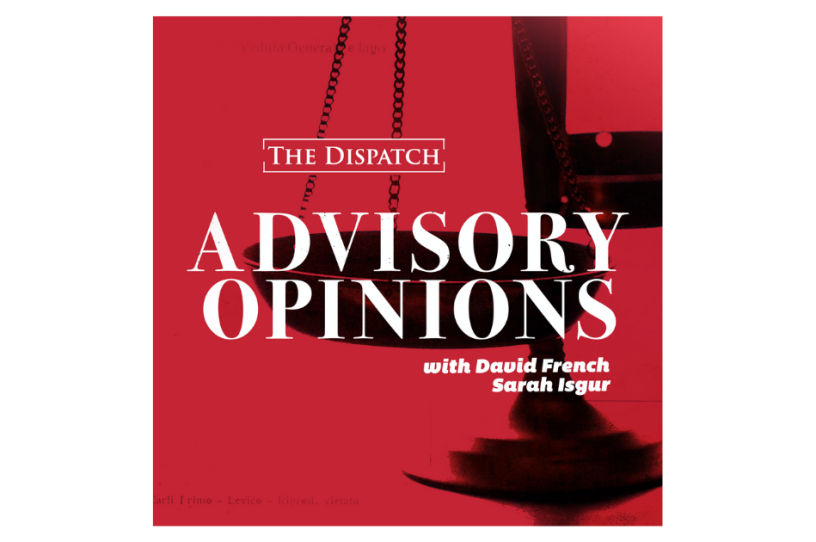The Curious Case of Jailing Children

On today’s episode, we get a Supreme Court update from Sarah and not one but two entire Ted Talks from David. They cover a very obscure (yet interesting!) constitutional case, and then discuss two viral stories–one involving an elementary school and juvenile justice system in Tennessee, the other involving an absurd act of unfairness at Yale Law School. Our hosts talk poverty and privilege in the same pod. Oh, and Sarah winds it all up with a discussion of laches and estoppel that you don’t want to miss.
Show Notes:
–ProPublica “Black Children Were Jailed for a Crime That Doesn’t Exist. Almost Nothing Happened to the Adults in Charge.”